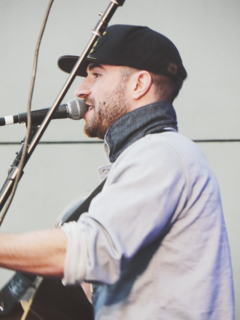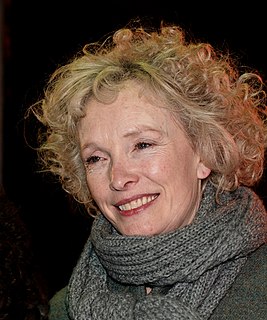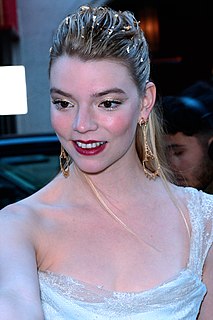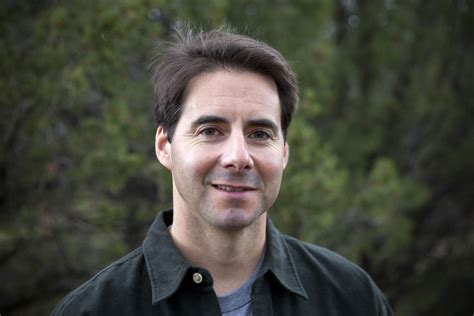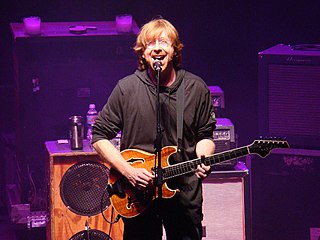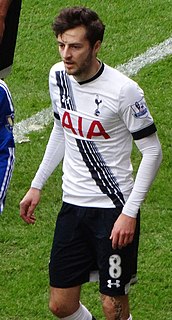A Quote by Arlo Parks
I had someone tell me recently that Black Dog had started this important conversation about mental health that had saved their marriage. It's really quite mad how these songs have travelled.
Related Quotes
Recently I made the mistake of opening a bundle of reviews that someone had sent me of a production from years and years ago, and someone had written a really lovely review except that it made a remark about the way I spoke: 'A lot of people find her voice terribly irritating.' Do they? I had no idea.
The American appetite for loneliness impressed me, and there was something about this solitude that freed conversation. One night at a bar, I met a man, and within five minutes he explained that he had just been released from prison. Another drinker told me that his wife had passed away, and he had recently suffered a heart attack, and now he hoped that he would die within the year. I learned that there's no reliable small talk in America; at any moment a conversation can become personal.
I was in a conversation and someone said: "You know, we were talking about the whole issue of transgender and how it has become so accepted now, and somebody said, 'You know the Oprah show, I think has had a big impact.'" I said, I don't think so. We did several transgender [shows], but we didn't do as much for transgender as I did for, say, abused kids or battered women. And they said, "But no, you started the conversation. You started the conversation and the conversation has led us to here."
I was broke until I was 40. Really broke. I could get by, but I had nothing. No health insurance, so if something happened I was screwed. I was lucky my parents had money and my brother was willing to support me for a long time. Once I started doing standup, I had an income, and that was amazing to me.
The idea of the book ["The Japanese Lover"] came in a conversation that I had with a friend walking in the streets of New York. We were talking about our mothers, and I was telling her how old my mother was, and she was telling me about her mother. Her mother was Jewish, and she said that she was in a retirement home and that she had had a friend for 40 years that was a Japanese gardener. This person had been very important in my friend's upbringing.

